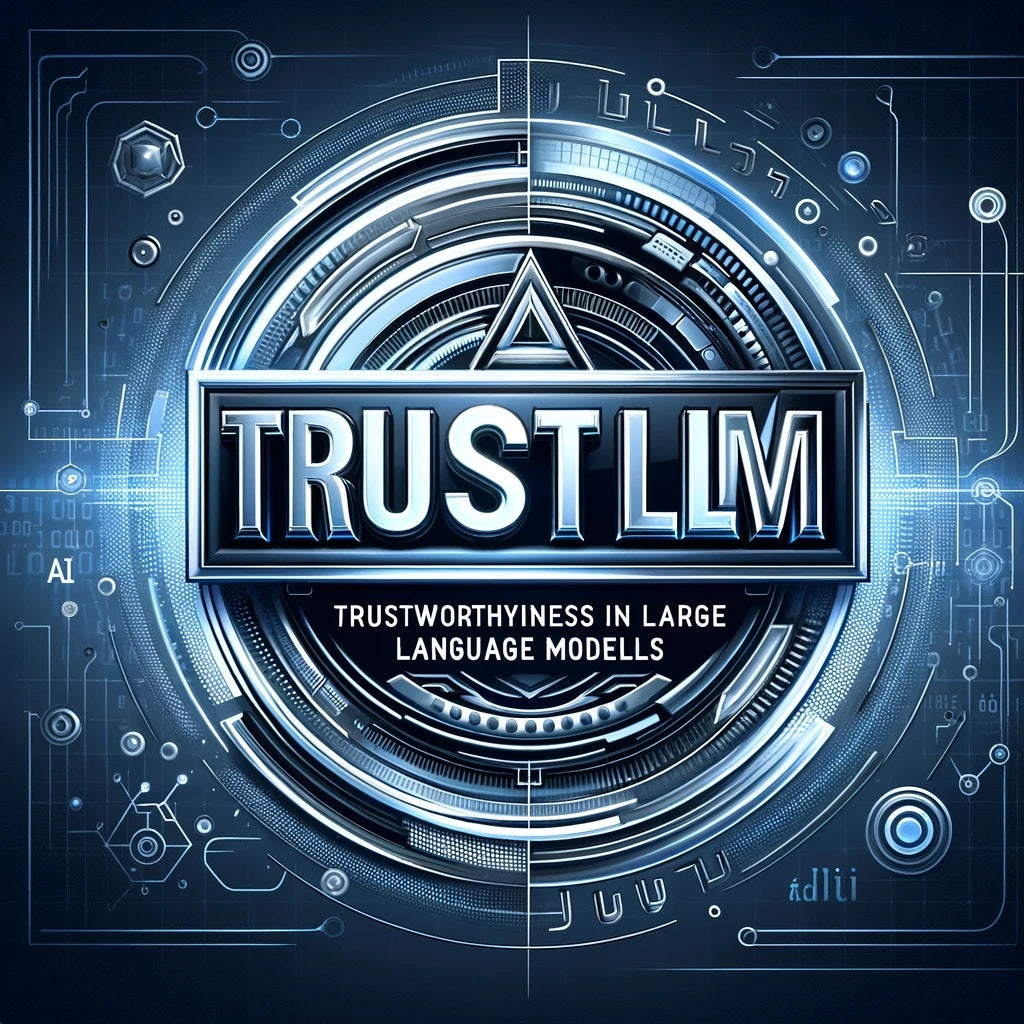AI Ethics RSS
TrustLLM: Truthfulness
Abstract Introduction Background Trust LLM Preliminaries Assessments Trustworthiness Truthfulness Safety Fairness Robustness Privacy Protection Machine Ethics Transparency AccountabilityOpen Challenges Future WorkConclusions Types of Ethical Agents Truthfulness The provided content is a comprehensive analysis of the truthfulness of Large Language Models (LLMs) with a focus on four aspects: misinformation generation, hallucination, sycophancy, and adversarial factuality. Misinformation generation It is evident that LLMs, like GPT-4, struggle with generating accurate information solely from internal knowledge, leading to misinformation. This is particularly pronounced in zero-shot question-answering tasks. However, LLMs show improvement when external knowledge sources are integrated, suggesting that retrieval-augmented models may reduce misinformation....
TrustLLM: Preliminaries
Abstract Introduction Background Trust LLM Preliminaries Assessments Trustworthiness Truthfulness Safety Fairness Robustness Privacy Protection Machine Ethics Transparency AccountabilityOpen Challenges Future WorkConclusions Types of Ethical Agents TRUSTLLM Preliminaries The Preliminaries of TRUSTLLM section lays the groundwork for understanding the benchmark design in evaluating various Language Large Models (LLMs). The inclusion of both proprietary and open-weight LLMs showcases an in-depth and inclusive approach. Moreover, the emphasis on experimental setup – detailing datasets, tasks, prompt templates, and evaluation methods – provides a clear and systematic approach for assessment. The ethical consideration highlighted reflects a responsible and conscientious approach to research, especially considering the...
TrustLLM: Trustworthiness in Large Language Models -Background
Abstract Introduction Background Trust LLM Preliminaries Assessments Trustworthiness Truthfulness Safety Fairness Robustness Privacy Protection Machine Ethics Transparency AccountabilityOpen Challenges Future WorkConclusions Types of Ethical Agents Background Large Language Models (LLMs) A language model (LM) aims to predict the probability distribution over a sequence of tokens. Scaling the model size and data size, large language models (LLMs) have shown “emergent abilities” [87, 88, 89] in solving a series of complex tasks that cannot be dealt with by regular-sized LMs. For instance, GPT-3 can handle few-shot tasks by learning in context, in contrast to GPT-2, which struggles in this regard....
TrustLLM: Trustworthiness in Large Language Models-Abstract
Abstract Introduction Background Trust LLM Preliminaries Assessments Trustworthiness Truthfulness Safety Fairness Robustness Privacy Protection Machine Ethics Transparency AccountabilityOpen Challenges Future WorkConclusions Types of Ethical Agents TrustLLM: Trustworthiness in Large Language Models provides a thorough and nuanced exploration of the multifaceted nature of trustworthiness in LLMs Abstract The paper's comprehensive approach, covering various dimensions from safety to ethics, sets a valuable precedent for future studies and developments in the field of AI. Multidimensional Trustworthiness in LLMs Score: 85/100 Stars: ⭐⭐⭐⭐✩ Review and Analysis: The concept of multidimensional trustworthiness in LLMs, covering aspects like truthfulness, safety, fairness, and privacy, is crucial in the evolving...




